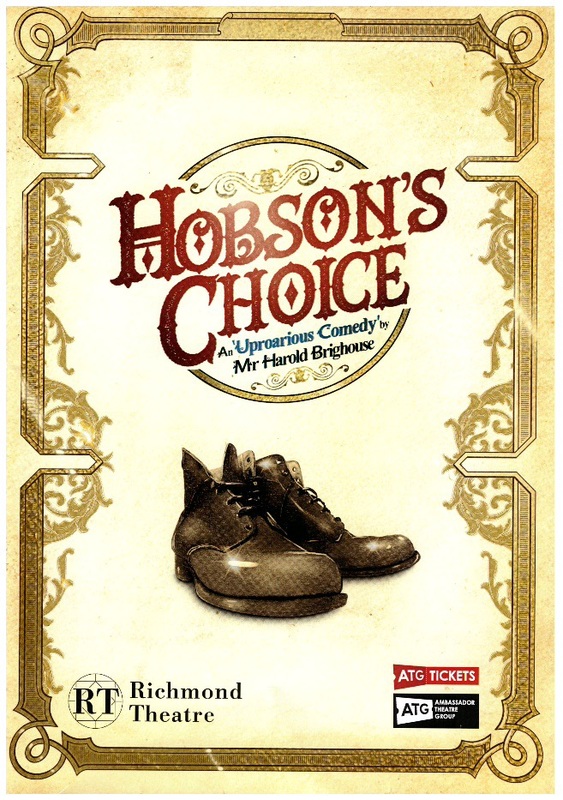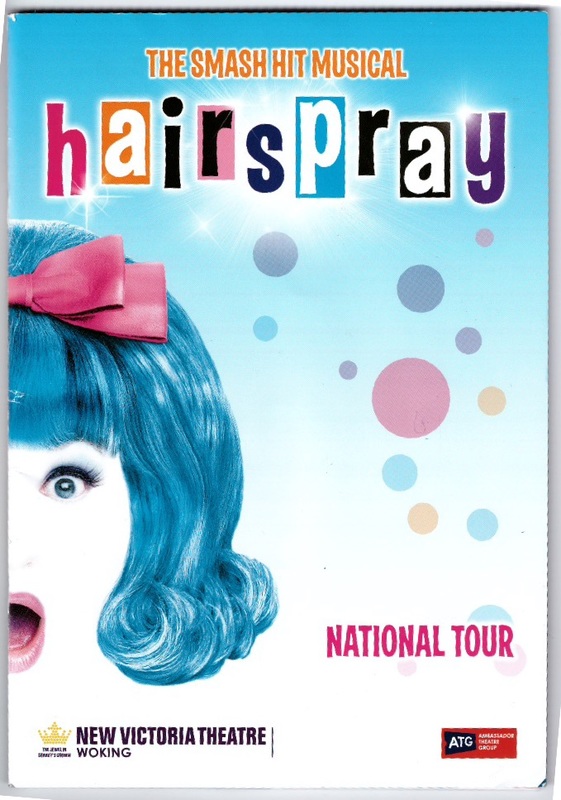I went to this play prepared to be moved. In common with most people, I have seen members of my family struck down by dementia, like André the old man of Zeller’s title, and I know how devastating the illness is for the family and friends of the sufferer. But I wasn’t expecting to be given permission to laugh, nor to be taken by surprise at every moment. Florian Zeller has created a unique theatrical experience that conveys from the inside what progressive dementia feels like. In Pinteresque dialogue, in fragmentary scenes of disorientating repetition, on a stage whose sparse props mirror the gradual stripping of a sufferer’s identity, he takes us into André’s confused and confusing world. We become like André, kept guessing right up to the final crisis. Where are we? Who are the people we’re seeing, really? What are their relationships to one another and to him? When did this happen? Was it before or after the last episode? Propositions are set up in answer to these questions, in flashes of illuminated conversation, only to be discredited in the next moment. Dementia destroys large areas of the sufferer’s identity by wiping memories and breaking synaptic connections that enable them to make logical patterns of what their senses perceive. We suffer with his daughter, Anne, as she makes decisions to try to care for her father without destroying her own life, but we actually live inside André’s suffering. Between brief scenes of apparent lucidity the stage is hidden in darkness framed by a disconcertingly dazzling border of lights. In these gaps, sounds play discordantly like a badly tuned radio or a scratched record before breaking off with an electronic crackle as the lights go up on another scenario. Time and space are provisional and fluid. It’s as though we’re hearing the synaptic pathways rupturing in André’s brain. And yet we laugh with André, as he alternately flirts with the women who try to help him, as he tries on different personas (“I worked in a circus for a bit”) and sardonically rejects their patronising persuasiveness. He’s charming, as well as frustrating, paranoid, frustrated, suspicious and often tactlessly cruel to his family – or are they his family? And why are some of them so inhumane towards this helpless old man? Art changes our perceptions and understanding. “The Father” is innovative, immersive art of a high order. Don’t miss it. (First published online at essential surrey.co.uk)
0 Comments
The last straw comes when Henry doesn’t want to provide the settlements that will enable them to become wives and mothers. (And the property of a man whom they have a greater chance of manipulating!) When the play opens, Henry’s faced with insurrection from all three of his daughters. In particular, Maggie, the eldest, is intelligent, strongly independent and self-willed. She proves more than a match for her father’s inadequacies and assumptions of automatic male supremacy. Her no-nonsense retorts and her firm refusal to be manipulated by her father are delightfully familiar in our more gender-equal post-Victorian era!
By a combination of perceptive talent-spotting, cunning, good management and ambitious planning Maggie secures futures for herself, her sisters and the man she decides to marry, as well as for her father – and all by leaving Henry Hobson no choice but to support her plans for all of them. Maggie is a wonderfully strong character and Naomi Frederick plays her for all she’s worth, as the power behind her chosen man, Willie Mossop. (Bryan Dick.) Willy, humble and socially weak as a bootmaker (but a talented bootmaker) is a brilliant foil for Martin Shaw as Henry Hobson, the archetypal Victorian pater familias. We almost feel sorry for Hobson, though our tears are of laughter as he tries to bluster his defiance against Maggie’s iron will. This is a feel-good production of a timeless comedy of manners and historic social satire, played for all the laughs it richly deserves. Great play, excellent casting and production, delightful theatre. I'm so glad I had the chance to see it and review it for Essential Surrey's online news magazine. 5 stars Janice Windle 29/03/16
Waters based his story on a real-life incident in the early 1960’s, in Baltimore, Maryland, when a dramatic and successful invasion was carried out during the live TV broadcast of a popular segregated TV dance show, The Buddy Deane Show, by a mixed group of young black and white dancers. In life, the protest demonstration was led by a Danny Schlechter, who went on to become a celebrated activist in the American civil rights movement. In “Hairspray” Schlechter is replaced by “pleasantly plump” young Tracy Turnblad, and Buddy Deane by Corny Collins. Tracy’s dreams of an integrated society for young people in the show come true. Her personal ambitions and romantic dreams are fulfilled, too.
This production is superb, a non-stop pageant of song, humour and breath-taking dancing, especially from the male dancers. The songs include 1960s-style dance music and "downtown" rhythm and blues, the costumes are dazzling and the ensemble scenes are a riot of colour and co-ordinated choreography. Memorable moments for me also include the triple mother-daughter duets, “Mama I’m a Big Girl Now” in the first act, and the set piece in which Tracy’s parents, Edna and Wilbur (Matt Rixon and Peter Duncan) tell each other “You’re Timeless to Me”. As a romantic interlude between a pantomime dame and her vertically challenged husband, this is irrestistibly funny, and also strangely touching. The message of this show is timeless: it’s not looks that matter, but talent and respect for other people. And love conquers racism and bigotry. Janice Windle 15/03/16 |
Archives
November 2023
Categories
All
|



 RSS Feed
RSS Feed